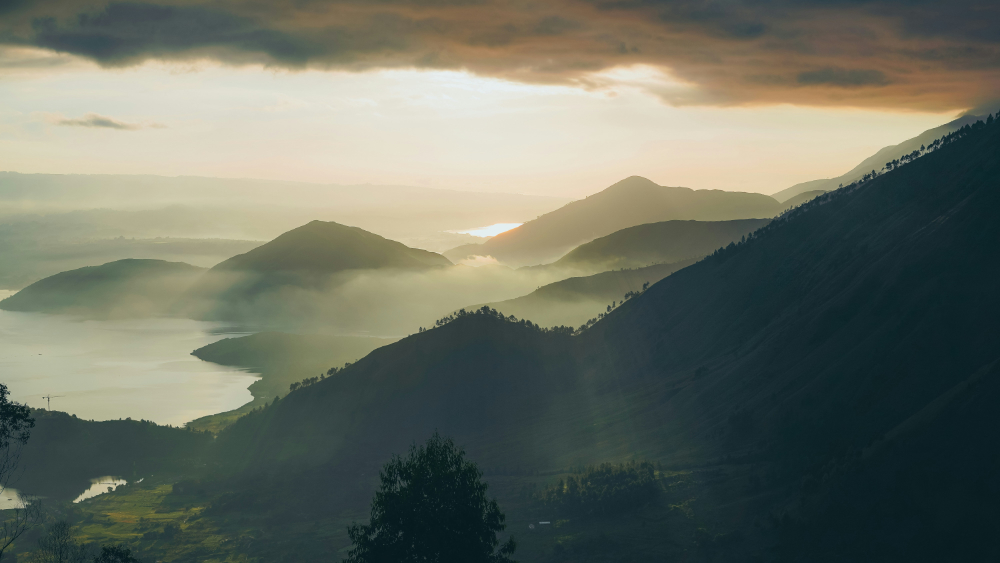Antara News is reporting that two more geoparks in Indonesia, located in Kebumen, Central Java, and Meratus, South Kalimantan, have officially been recognized as UNESCO Global Geoparks during the 221st Session of the UNESCO Executive Board, held in Paris, France, from April 2 to 17.
During the session, all 58 member states of the board, including Indonesia, reached a consensus to endorse 16 new geoparks, as recommended by the UNESCO Global Geoparks Council during its meetings in September and December 2024.
With this latest recognition, Indonesia now has 12 geoparks included in the UNESCO Global Geoparks Network, according to a statement from the Ministry of Foreign Affairs on Tuesday (15/4/25.)
Previously recognized Indonesian geoparks include Batur, Belitong, Ciletuh, Gunung Sewu, Ijen, Maros Pangkep, Merangin Jambi, Raja Ampat, Rinjani Lombok, and Toba Caldera, says Antara News.
Ambassador Mohamad Oemar, Indonesia’s Permanent Delegate to UNESCO and Head of the Indonesian Delegation to the 221st Session, stated that achieving UNESCO Global Geopark status comes with the responsibility to preserve, manage sustainably, and promote the nation’s geological and cultural heritage.
He emphasized that this recognition is evidence of Indonesia’s ongoing contribution to protecting Earth’s heritage of universal value, while also reinforcing its commitment to conservation, community empowerment, and global education.
According to Antara News, the 16 newly designated geoparks were nominated by 11 countries: China (Kanbula and Yunyang), North Korea (Mount Paektu), Ecuador (Napo Sumaco and Tungurahua), Indonesia (Kebumen and Meratus), Italy (Mur), Norway (Fjord Coast), South Korea (Danyang and Gyeongbuk), Saudi Arabia (Salma and North Riyadh), Spain (Costa Quebrada), the United Kingdom (Arran), and Vietnam (Lang Son).
Source: Antara News
Stock photo by supardi sinaga on Unsplash


